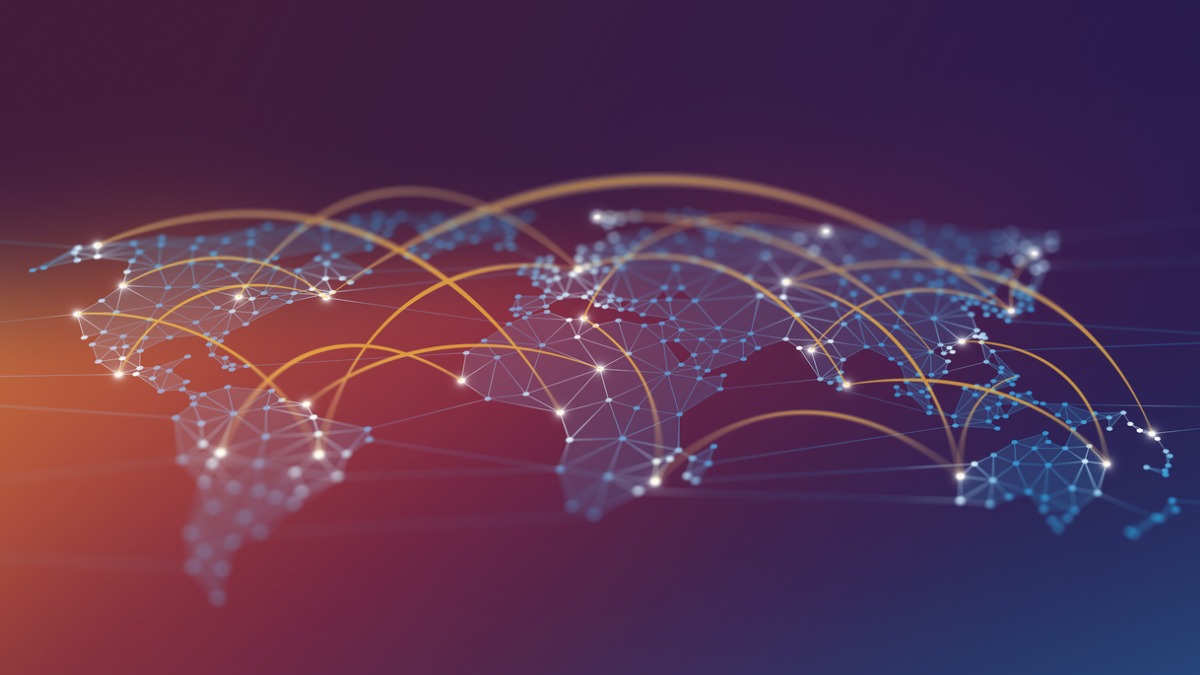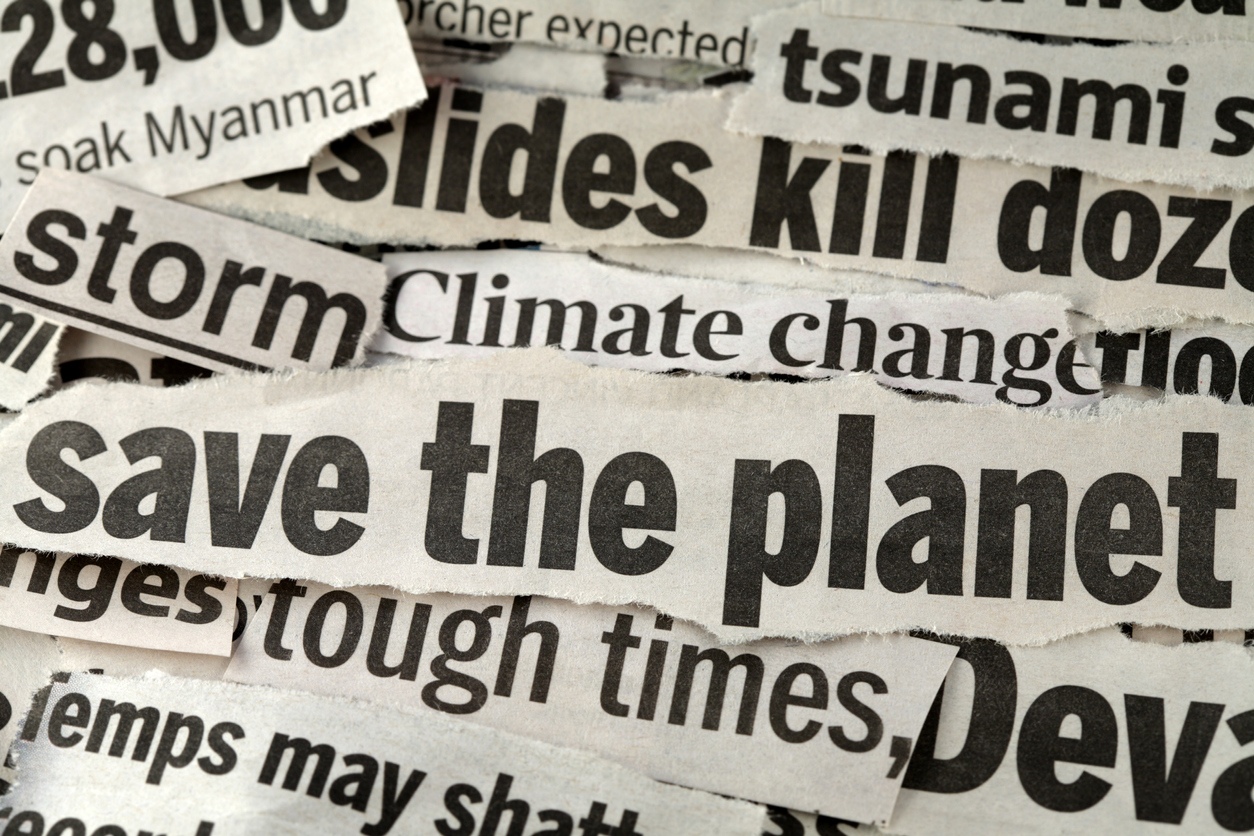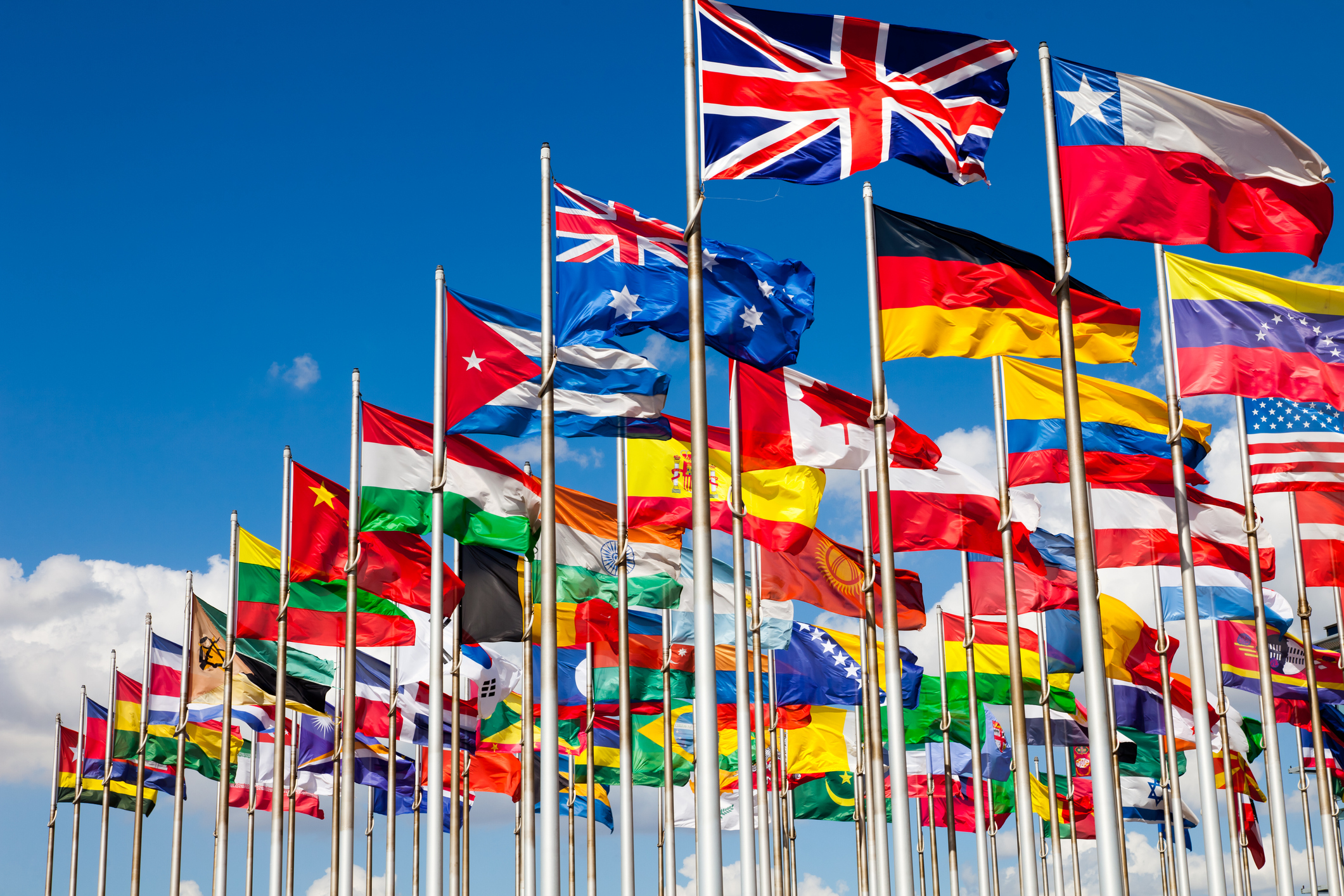In Egypt, a country determined to embrace a green and inclusive recovery, a global conversation about how to strengthen international cooperation in the wake of the COVID-19 pandemic is about to take place.
Though the United Nations Development Programme has identified Egypt as a nation vulnerable to the impact of climate change, the country is preparing to seize the moment by ‘greening’ its economy and bringing the world together to show that sustainable development cannot happen without multilateralism.
For Egypt, the pandemic can and must have a silver lining. The need to affect an economic rebound will spark the international community into realising how post-pandemic recovery can be interlinked with sustainability. And, in Cairo, Egypt is positioning itself as the match that can ignite this much-needed post-pandemic spark.
This week, national, regional and international policymakers, development partners, and representatives of the private sector, civil society and think tanks will gather in the Egyptian capital to discuss sustainable economic reform at the first edition of the Egypt – International Cooperation Forum (Egypt-ICF), launched by the country’s Ministry of International Cooperation.
Speaking ahead of the two-day event, held on 8-9 September, Dr Rania Al-Mashat, Egypt’s Minister of International Cooperation, said that as governments around the world face growing pressure to design economic recovery plans to combat the pandemic, Egypt aims to turn the crisis into renewed momentum to achieve the Sustainable Development Goals (SDGs) – the 17-point action plan that targets ending poverty, protecting the planet and improving the lives and prospects of people around the world, among other things.
Her Excellency Dr. Rania A. Al-Mashat, the country’s Minister of International Cooperation
“With less than a decade left to achieve the SDGs, it is clear that we need to accelerate efforts so as to progress towards both the global goals and national priorities,” she said. “With the global pandemic causing unprecedented socioeconomic challenges coupled with climate change, international cooperation and global collaboration has never been more important to overcome the greatest issues facing our world.”
Al-Mashat said that 2021 has become an “inflection point” for developing economies that are set to face both challenges and opportunities in climate, employment, digital transformation and urbanisation. “The pandemic forced us to fundamentally reconsider the way we were living and working across the board. We need to rebuild smarter financially, economically and socially,” she said.
Economic recovery
“There has never been a more urgent time for the world to pull together and unite in the name of sustainable development,” said Al-Mashat. Despite challenges posed by the pandemic, the health crisis has reiterated the importance of global cooperation, coupled with agile and innovative leadership for an economic recovery.
The minister elaborated that the revelation of the opportunities and novel ideas introduced by the international community that emerged during the pandemic can be utilised to accelerate progress towards development across sectors, further enhancing effective international cooperation.
As COVID-19 struck at a time when Egypt was achieving hard-earned economic stabilisation and was on track towards more sustainable growth, the government’s intervention helped mitigate both health and socioeconomic challenges, backed by a homegrown economic reform programme with a positive impact that pushed for monetary, fiscal and structural reforms to achieve macroeconomic stability and sustainable growth.
Due to economic reforms put forth by Egypt’s government, the country is set to be the only country in the Middle East and North Africa region to achieve positive economic growth for the full year 2020-2021, according to the International Monetary Fund.
Egypt’s potential for growth is enormous, but realising it through a more inclusive and sustainable path is another matter.
Unlocking the private sector’s potential and creating jobs requires a more enabling environment for trade and investment by removing non-tariff barriers and creating a level playing field for investors.
Further, the digital transformations sparked by the pandemic supports Egypt in capitalising on this moment to make a twin transition towards an economy that is both digital and green.
Against this backdrop, Al-Mashat describes the two-day forum as a “unique opportunity for Egypt to mobilise the international community to reset priorities and place sustainability at the core of economic development”.
“We want to use the platform we have created as a catalyst to put sustainability at the heart of global development through multilateralism and international cooperation, which we believe are essential to achieving new models of inclusive, equitable development,” she said.
Sustainable development projects
Currently, 377 sustainable development projects are underway across Egypt, funded by more than $25 billion raised through international partnerships.
Existing policies include Egypt’s recent fuel subsidy reforms, which will help incentivise energy efficiency, and the development of solar parks and wind farms. The Egypt Pollution Abatement Project and the Greater Cairo Air Pollution Management and Climate Change Project provide incentives for fuel switching and aim to reduce pollution from the heavily polluting transport and solid waste management sectors.
Meanwhile, a successful $750 million green bond issuance in September 2020, the region’s first sovereign offering of climate-friendly securities, is not only designed to finance green projects but also to attract international investors. As it was almost five times oversubscribed, this showcases quality in what was presented and a worldwide appetite for climate-friendly securities.
To guide Egypt through its next phase of sustainable growth, Al-Mashat says “economic diplomacy” will be key. To rebuild better and more effectively amid the COVID-19 pandemic, Egypt’s Ministry of International Cooperation has been working to strengthen economic diplomacy through three main principles: regularly organising multi-stakeholder platforms to ensure that all projects between development partners are streamlined and effectively aligned with the national agenda and the 17 SDGs; mapping the official development assistance to SDGs for all projects with multilateral and bilateral development partners; and adopting a consistent Global Partnerships Narrative that puts “people at the core, through projects in action, with purpose as the driver.”
As well as looking to play a role on the global stage when it comes to economic recovery and sustainability, Egypt is also focusing on how the experience of COVID-19 can accelerate a green transition within its borders through developing various projects, such as those in solar and wind energy.
Existing projects include the Benban Solar Park, which is set to become one of the world’s largest solar energy parks and serves as a testament to the power of public-private partnerships, and the Gulf of Suez wind farm, both supported by renowned international financial institutions.
Egypt’s up-and-coming natural gas industry is seen as capable of providing transition fuel to ease the path to a low-carbon economy and could be a centrepiece of a future EU-Mediterranean gas corridor. And among Egypt and its North African neighbours, there is untapped potential to enhance energy efficiency.
How these ‘greening’ initiatives can be driven forward will also be on the agenda at the Egypt-ICF, which will host, among others, World Economic Forum President Borge Brende and top representatives from the United Nations and World Bank Group and will end with the first Cairo Communiqué – outlining how the international community can accelerate development cooperation through integrated and sustainable practices.
“The Cairo Communiqué will pull together important decisions and initiatives, serving as a reference for future international forums, as we aim to establish clear conclusions and insightful recommendations and to capitalise on the drivers of innovation, growth and opportunity,” explains Al-Mashat.
“We are turning the tide in turbulent times. Traditional forms of governance are no longer fit for problems that are cross-border in their impacts, and a new concept – coordinated governance – is now emerging to ensure internationally agreed solutions that are in accordance with global principles and fundamental norms. Egypt-ICF is bringing coordinated governance to life through providing leaders, international development partners, the private sector and civil society with a framework that helps in restructuring and scaling up existing initiatives for new ones.”
by Dr. Rania A. Al-Mashat, the country’s Minister of International Cooperation





